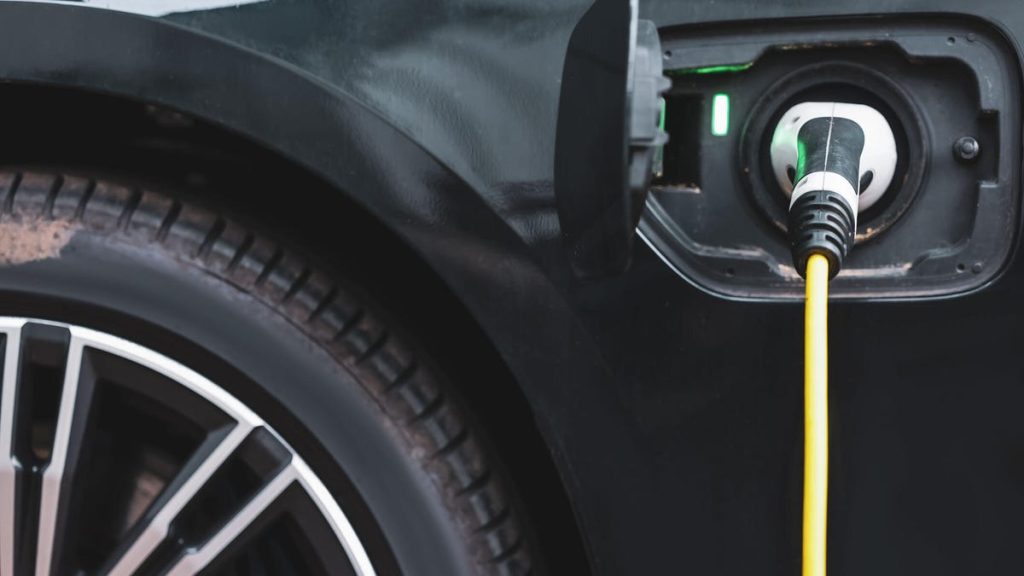Bringing home your first electric vehicle is an exciting moment, but it also comes with the major lifestyle adjustment of figuring out how and where to charge it. If you’re considering installing an EV charger at home, there are several factors to consider. The type of vehicle you have, the kind of charger you want, and how quickly you need to charge all play a role in determining the right setup for you. Some options are as easy as plugging in an appliance, while others may require the assistance of an electrician.
The first step in determining the type of EV charger you need is to consider how much you’ll be driving your electric vehicle and how quickly you’ll need to recharge at home. Factors such as the length of your commute and how depleted the battery is upon returning home can help you decide between a Level 1 or Level 2 charger. A Level 1 charger can provide about 5 miles of range per hour of charge, while a Level 2 charger can offer approximately 25 miles of range per hour, potentially charging the battery from 0 to 100% overnight. Your daily driving needs will largely dictate which charger is best for you.
When it comes to choosing a brand for your EV charger, there are numerous options available, all offering similar functionality but varying in price and aesthetics. For a Level 1 charger, you likely won’t need an electrician as it can be plugged into a standard outlet. However, for a Level 2 charger, it is advisable to hire a professional, especially if you need to install one from scratch. If you already have a 240-volt outlet in your garage, you may be able to plug a Level 2 charger into that.
If you decide that you need an electrician to install your EV charger, the first step is to contact one for a free installation estimate. The electrician will assess your electrical panel to determine the available electricity for charging and help you decide on the type and placement of the charger. The installation cost will depend on the type of charger you choose and the labor rates of the electrician. On average, installation costs can range from $400 to $1,000, depending on the complexity of the job. In some cases, additional upgrades to your electrical panel may be necessary, which could increase the overall cost.
Before purchasing an electric vehicle, it is recommended to have an electrician provide an estimate for the installation of an EV charger. This will give you a better understanding of the total costs involved and whether any upgrades to your electrical panel are needed. By planning ahead and consulting with a professional, you can ensure a smooth and efficient installation process for your EV charger, allowing you to enjoy the convenience of charging your electric vehicle at home.


